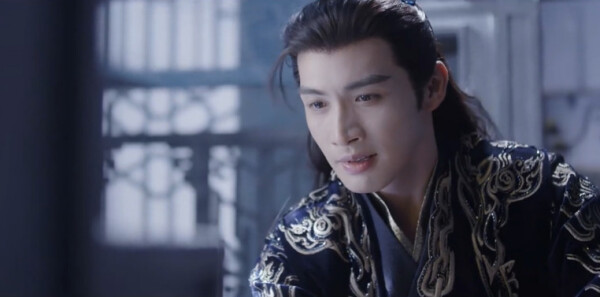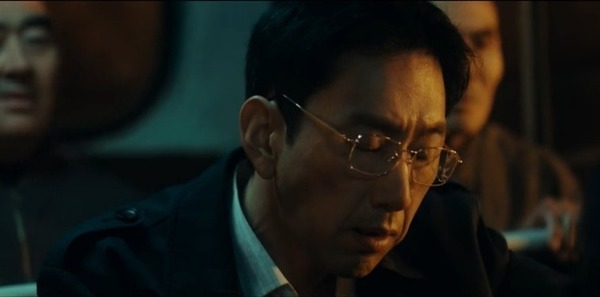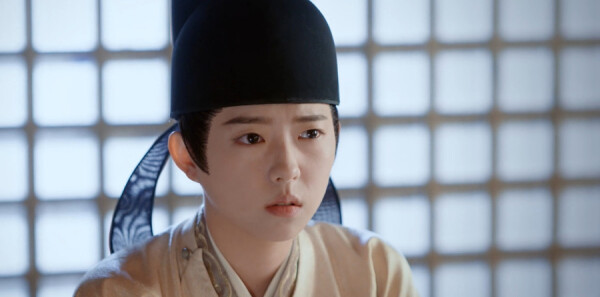恐惧与颤栗《the superiority of faith》
- 书评
- 2023-03-26 10:06:47
- 77
Kierkegaard’s Fear and Trembling is a provocative study of the story of Abraham’s attempt to sacrifice Isaac. It highlights the most serious ethical-religious conflicts in human existence—what is condemned as murder in the ethical realm can be praised as faith by religion. The contradiction raises the question of whether the religious is an absolute power to which human being should be answerable regardless of any other social or familial concerns. Kierkegaard maintains that the question can be answered in affirmative if any justification can be found in what Abraham is about to do. However it is hard to do justice to Abraham’s act precisely because faith exists only in a person’s interior being and is therefore silent and unspeakable. In this essay I will acquit Abraham’s guilt by establishing the argument that faith is higher than the ethical. Faith is isolated from the universal in that it demands absolute compliance however agonizing or immoral.
In order to contrast the purely personal religious belief with the universal moral norm that is applicable to all human society it is important to note the difference between a tragic hero and Kierkegaard’s concept of the “knight of faith (Kierkegaard 22)” to whom the religious belief is the highest duty. He writes in “Problema I” that “a person can become a tragic hero through his own strength—but not the knight of faith. When a person walks what is in one sense the hard road of the tragic hero there are many who can give him advice but he who walks the narrow road of faith has no one to advise him—no one understands him.” To illustrate the difference between the religious and the ethical Kierkegaard resorts to the story of three tragic heroes Agamemnon Jepthah and Brutus. They bear the resemblance to Abraham in that each of them believes himself to have the duty of sacrificing his child. However none of them is the exact equality of Abraham because the death of the children serves some purpose for the nation or the state. While the tragic heroes are the representatives of the ethical Abraham’s act of killing his son on the other hand is entirely pointless and absurd. Not only that Isaac is innocent but no good to anyone in the world can be anticipated from his death. Furthermore the highest ethical duty of Abraham is that the father shall love his son. Abraham is ordered to suspend not only his personal desire but also the basic social function which supplies human being with goals and meaning. The clear difference between the universal and the religious is that while people are able to understand the demand of the universal the religious is entirely a private matter between man and God and is justifiable only in the person’s interior being. However it is precisely this absurdity that makes Abraham the perfect knight of faith for whom the law of society is not always the highest authority. God as the absolute commander can demand more than the universal power can demand. Therefore Abraham when faced with an ethical dilemma chooses to obey God’s law which is superior to the law of the universal. At this point the question whether there is “a teleological suspension of the ethical” is clearly answered. Abraham’s conformity to God’s demand signifies a suspension of the universal and at the same time elevates him above the individuals for whom the universal is the highest norm.
As Kierkegaard argues that the ethical duty is secondary to the religious duty the paradoxical character of religion surfaces since religion can lead to demands which from the point of view of ordinary ethics are unethical. We have a duty towards God; however in the ethical realm the society race or state has the right to demand everything of the individual. We can see clearly through Kierkegaard’s depiction the agony struggle and even doubt of Abraham but ultimately he remains answerable only to the order of God. Kierkegaard notes that in this loyalty lies the greatness of the knight of faith. He writes “anyone who has learned that to exist as the single individual is the most terrible of all will not be afraid to say that it is the greatest of all.” Abraham’s duty to God is so absolute that it overrides every other concern even the loftiest moral obligation. The valuable part of his faith is that he is not a blind believer who fails to see the immorality in God’s words. Abraham is certainly aware of the wrong in taking away the life of his son. But he faces a dilemma in which he feels it would be more severely wrong to deny God’s will. Regardless of the violation of the moral law Abraham is bound to respect the commandment of God above all else. That Abraham remains loyal despite the agony and immorality is precisely the reason he lives up to the ti
In conclusion Fear and Trembling is a book rich in paradox. But the paradoxes are resolved by the fact that faith transcends universal human regulations. Faith is a dimension of the relationship between self and world that cannot be comprehended by people other than the knight himself. The absurdity and incomprehensibility of faith are terrifying but they are also great because there is glory in living a life that is faithful to religious commitment which is superior to the ethical and calls for a suspension of social norm if ever necessary.
本文由作者笔名:小小评论家 于 2023-03-26 10:06:47发表在本站,文章来源于网络,内容仅供娱乐参考,不能盲信。
本文链接: http://www.w2mh.com/show/34623.html
上一篇
百年孤独《关于孤独》
下一篇
活着《牛的哲学》
 小小评论家
小小评论家






















